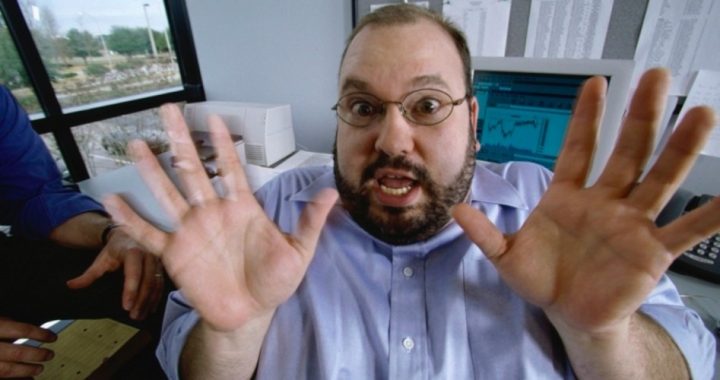
Republican lawmakers are pursuing legislation to reverse the FCC’s Net Neutrality ruling, which at least one lawmaker describes as “illegal.” In the February 26 ruling, which will take effect unless blocked by Congress, the FCC voted to regulate the Internet as a public utility under Title II of the Communications Act.
Called “Net Neutrality,” the FCC-approved regulations promise an end to Internet Service Providers (ISPs) “giving preferential treatment” to some Internet services and “discriminating” against others. The FCC’s plan also promises to put an end to so-called “paid fast lanes” on the Internet by banning ISPs from offering faster connections to customers who pay more.
It’ll be a one-size-fits-all Internet. Unfortunately, one size never fits all. Allowing an unelected bureaucratic agency to regulate the Internet is a recipe for stifling the free-market spirit of innovation that made the Internet work in the first place.
But the fight is not actually over, despite the three-to-two vote -which was split sharply along party lines. Representative Greg Walden (R-Ore.), chairman of the subcommittee of the House Energy and Commerce Committee which oversees the FCC, “has pledged this week to restrain the agency’s powers after it decided to issue what he argues are illegal net neutrality rules,” according to a report by the Huffington Post. This could be bad news for the architects of Net Neutrality and good news for Americans who are concerned about the FCC becoming the “Department of the Internet.” The FCC may soon learn that it is one thing to make a ruling, and another thing all together to actually have the authority to carry it out.
“I am at a loss for how to make my plea any clearer to my colleagues: Please work with us to draft a bill. What the FCC did last week is ill-advised, illogical and illegal,” remarked Representative Walden as he expressed the need for bipartisan measures to restrain the FCC’s overreaching actions. He may be able to gain that bipartisan support if he can find Democrats who still hold on to the idea of a free and unhindered Internet. As John Fund observed in his piece for National Review, “Back in the 1990s, the Clinton administration teamed up with Internet pioneers to promote a hands-off approach to the new industry and keep it free from discriminatory taxation. Many still prefer that policy. Nicholas Negroponte, founder of the MIT Media Lab and the charity One Laptop Per Child, says that net neutrality ‘doesn’t make sense’ because ‘the truth is, not all bits [of data] are created equal.'”
Negroponte makes an important distinction when he says that not all data is equal. Pretending that it is may be the greatest danger in the Net Neutrality scheme. While no one should be barred from freedom of access to information, it is an easy sell to tell people they should have the same speed connection to stream video, no matter what they pay for access to the Internet. By making it about a right to entertainment, the architects of Net Neutrality have focused the attention of voters and activists away from the real objective of their plan. Power-hungry Marxists have always claimed to be looking after the best interests of “the people” as they actually sought to destroy those people’s freedom.
One key player in the plan to hand the keys of the Internet kingdom over to Big Government is Robert McChesney, co-founder of Free Press. Free Press has poured money and effort into pushing the Net Neutrality agenda, claiming it is a matter of freedom. McChesney is being deceptive in his attempt to re-brand his goals. In his article in the National Review, John Fund quotes McChesney’s interview with the SocialistProject website in 2009: “At the moment, the battle over network neutrality is not to completely eliminate the telephone and cable companies. But the ultimate goal is to get rid of the media capitalists in the phone and cable companies and to divest them from control.” McChesney is a proud socialist who is “hesitant to say [he’s] not a Marxist.” His plan for Net Neutrality is anything but neutral; it is about taking over the greatest innovation in communication man has ever known. It is, as Agent O’Brien tells Winston in 1984, “power entirely for its own sake.”
A two-thirds majority vote in both houses of Congress would be needed to override an expected veto by President Obama, who supports Net Neutrality and got the FCC ruling he wanted. Yet mustering veto-proof majority votes is achievable if lawmakers who say they are opposed to Net Neutrality put their authority where their mouths are. It is not too late to stop this digital power-grab before it ever takes effect, and concerned Americans should pressure congressmen to do just that.




